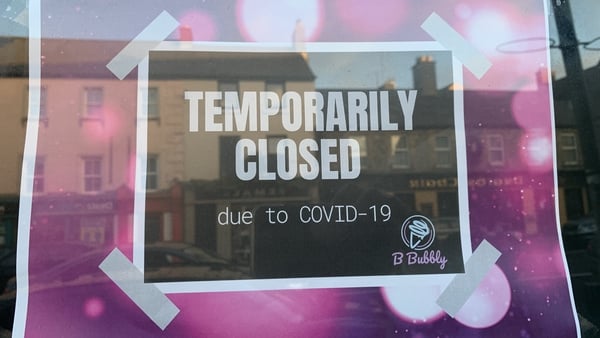Scores of landlords are "deliberately breaching the law" and attempting to increase rent by more than 4% a year, in areas designated as rent pressure zones, according to the Residential Tenancies Board.
So far this year 331 disputes over rent reviews, mostly in rent pressure zone areas, have been referred to the RTB.
Within a matter of weeks it is to get new powers to investigate and fine landlords.
The Residential Tenancies (Amendment) Bill 2018 is in the final stages of drafting and will be brought to Government in the coming weeks.
The bill's key aim is to strengthen and enhance the implementation of the rent pressure zones and strengthen the powers and functions of the RTB, investigating and enforcing tenancy law.
We need your consent to load this rte-player contentWe use rte-player to manage extra content that can set cookies on your device and collect data about your activity. Please review their details and accept them to load the content.Manage Preferences
Rosalind Carroll, Director of the Residential Tenancies Board, believes the Rent Pressure Zone rules will be taken more seriously when its powers are enhanced.
"There's a number of different cohorts at the moment, those who are complying, those who are trying to comply and getting it a little bit wrong, and then people who are deliberately breaching the law, and we need to specifically go out and use our powers strongly against those people."
Rent Pressure Zones rules apply to existing tenancies and properties already in market with a new tenant, with landlords required to give last rent price to a new tenant.
Despite criticism from housing organisations and politicians that rent pressure zones are not working, Ms Carroll said in other countries where there is rent regulation "the biggest failures are lack of enforcement and lack of information".
The RTB is urging tenants not be afraid to come forward.
"We had a case this week where a landlord wrongly increased the rent, the tenant challenged them on that...and got €13,000 worth of damages, so these cases coming before us under the current law are being treated very seriously."






